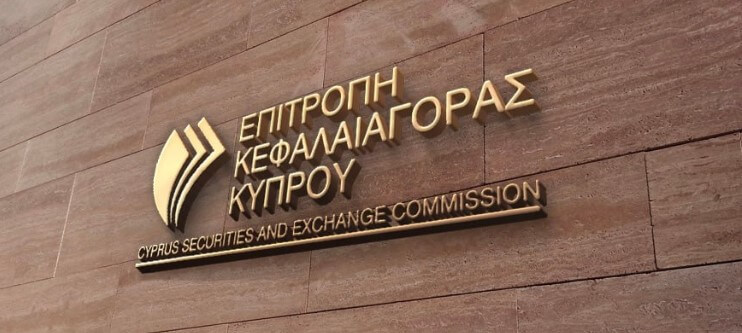
In a significant move towards enhancing its regulatory framework in the cryptocurrency sector, Cyprus is set to impose stringent penalties on cryptocurrency service providers (CSPs) who fail to register with the relevant authorities. These penalties, including hefty fines of up to €350,000 and imprisonment for up to five years, or a combination of both, signify the government’s commitment to bolstering its oversight of the rapidly growing crypto industry.
You might also be interested: Bank of Italy Embraces Polygon Labs and Fireblocks
Table of Contents,
Aligning with International Standards
This development stems from a proposed legislative amendment to the “Prevention and Suppression of Money Laundering Law,” submitted by the Ministry of Finance to the Parliamentary Committee on Legal Affairs. The amendment aims to align Cyprus with international standards fixed by the Financial Action Task Force to combat money laundering from illicit activities and the financing of terrorism. It also seeks to address recommendations from the MONEYVAL report published in November 2022.
Mandatory Registration with CySEC
Under the proposed amendments, CSPs engaged in cryptocurrency asset activities must register with the Cyprus Securities and Exchange Commission (CySEC). Failure to comply with the mentioned requirement results in severe penalties, reflecting the government’s determination to mitigate the risks of money laundering and, no less importantly, terrorism financing, particularly given the emergence of new technologies in the crypto space.
Comparing Penalties in the Region

Cyprus is not alone in implementing strict penalties for unregulated crypto activities. In Malta, for example, violations of cryptocurrency regulations, including operating without a license, can result in imprisonment for up to six years and fines of up to €15 million. Similarly, countries like France and Ireland also enforce penalties that include imprisonment and substantial fines for similar offenses. These penalties emphasize the seriousness with which governments view unregulated crypto service activities.
Stakeholder Concerns and Recommendations
In shaping this new legislation, Cyprus has sought input from the Cyprus Bar Association. This key stakeholder expressed reservations, particularly regarding the obligation for CSPs registered in other EU member states to also register in Cyprus. Additionally, the association recommended the inclusion of the “Travel Rule” in the legislation, which is not presently part of Cyprus’ regulatory framework.
Addressing Cross-Border Registration
Regarding the cross-border registration concern, the Finance Ministry clarified that due to the functioning of the single market within the European Union, the primary responsibility for monitoring entities registered in another member state initially falls upon the registering state rather than the host state. Nevertheless, Cyprus’ financial regulator, CySEC, has included provisions for overseeing CSPs providing services in Cyprus, irrespective of their registration in other EU states.
The Inclusion of the “Travel Rule”
The “Travel Rule” is a vital element in the fight against money laundering and, in parallel, terrorism financing, as it mandates that cryptocurrency transactions contain information about the sender and receiver. The Ministry of Finance acknowledged the importance of this rule and stated that discussions are ongoing with relevant authorities to ensure its proper and timely implementation. Necessary modifications to Cyprus’ existing legislation are also under consideration, demonstrating the country’s commitment to adhering to global anti-money laundering and anti-terrorism financing standards.
Enhancing Regulatory Oversight
In addition to these legislative changes, CySEC is actively exploring the possibility of issuing guidelines related to the “Travel Rule” to enhance regulatory oversight in this area further. This approach showcases Cyprus’ dedication to creating a well-regulated cryptocurrency environment that adheres to international standards while addressing concerns from key stakeholders.
Cyprus’s decision to impose strict penalties on unregistered crypto service providers represents a significant step towards aligning with international anti-money laundering and anti-terrorism financing standards. The proposed legislation ensures that the burgeoning crypto industry operates within a well-regulated framework, ultimately promoting transparency and security within the digital financial sector. While concerns from stakeholders have been noted, the government is actively engaged in discussions and modifications to ensure that the final regulatory framework is effective, transparent, and consistent with international best practices.



